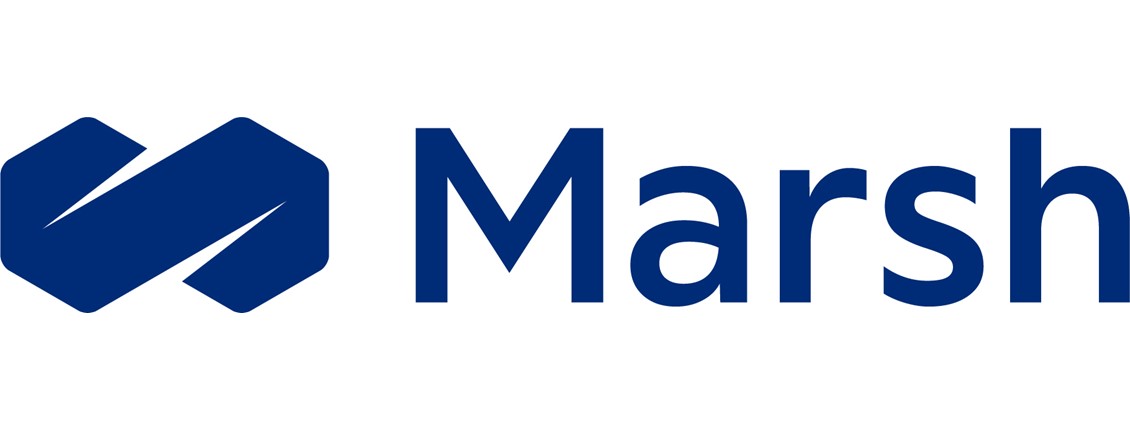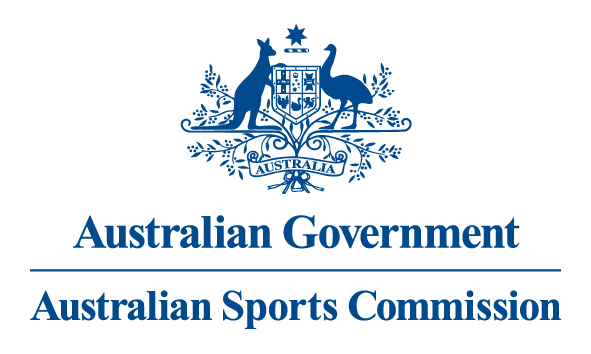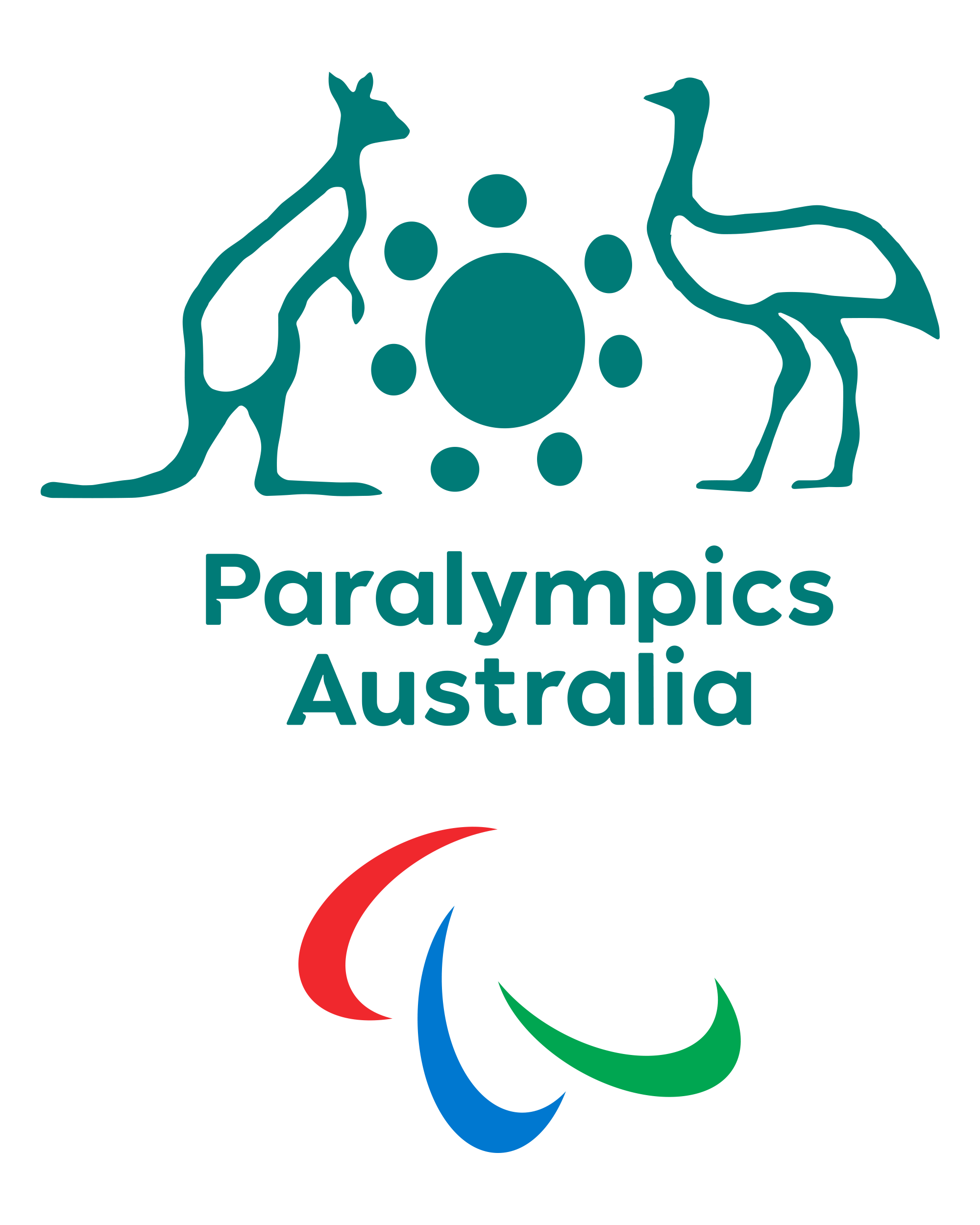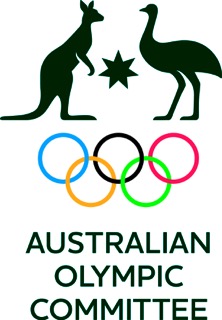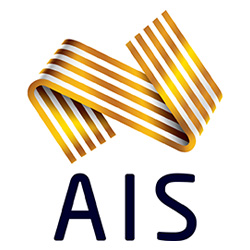Vale Wyatt ‘Bunty’ Thompson – An Australian Equestrian and Trailblazer
From a very young age Wyatt ‘Bunty’ Thompson was considered a great all-round horseman.
Born in the saddle, he could rough ride with the best of them, work draught horses, handle a spirited stock horse, compete in rodeos and camp drafting and fly around the course at picnic races.
A life growing up on the family cattle and sheep property in the Southern Highlands of NSW and the influence of his horse-mad mother Violet led to a pioneering career in the saddle for Bunty.
He was instrumental in setting Equestrian sport onto its future medal-winning track. He was a member of Australia’s first ever Olympic Equestrian team in 1956. At that time, an in an extraordinary twist, he was one of six young men who had never ridden a three-day event, were more into flat out ‘high’ jumping rather than show jumping and didn’t have a clue what dressage was. A crash course over 14 months led to them making the world sit up and take notice.
The team comprised of Bunty, Brian Crago, Ernie Baker, David Wood, John Winchester and Bert Jacobs. Ironically, Australia’s tough quarantine laws and a long sea voyage for overseas competitors made Melbourne untenable. Instead, the Equestrian events were staged in the Swedish capital, Stockholm, before the main games and the first Australian team would need to make the longest haul.
“I had no concept of what Eventing was. For us it was solid fences and going flat out. More high jumping than show jumping. I didn’t know what dressage was,” Bunty was once quoted as saying to the media.
The team captain, David Wood, who was an amateur jockey, had competed in jumping races and was part of the Melbourne Hunt Club. He had been at the Helsinki Olympics and played polo in England. John Winchester had covered the Helsinki Olympics as a journalist for Hoofs and Horns. Brian Crago was a horse breaker and farm manager from South Australia and a keen jumper. Ernie barker was a Victorian dairy farmer and keen horse breeder and competitor. Bert Jacobs was to compete as an individual in the show jumping. Bunty, by the time he left, had a sheep farm near Bathurst in NSW.
England and Europe were the next stops for the diverse group and they had to start from scratch. This was a costly exercise. The Government gave some funding and the then EFA matched it. The racing industry also raised money for the team and dozens of pony clubs contributed what they could. Bunty landed the job of team treasurer as well as Vice-captain.
The six Australian horses were dispatched by ship, with the riders aboard a different vessel, leaving from Perth for what was a six-week long journey.
The group’s trainer was Franz Mairinger, an instructor from the famous Spanish Riding School in Vienna. He put the team through daily calisthenics and intensive training sessions on board. The horses weren’t so lucky, with little exercise at sea. Not long after the horses and riders arrived in England the Queen and Prince Philip gave them a special welcome.
One month later the Australian team was announced and the horses and riders were headed to Stockholm.
Bunty once recalled: “I could feel tears of triumph and humility. I had fought for Australia in the war and now I was battling again for my country in sport. In all my dreams and ambitions, I had never imagined achieving such a great honour.”
The Australians went on to finish a gallant fourth behind Britain, Germany and Canada.
Incredibly, 19 nations had started the three-day event that year and 11 were eliminated.
The effort of Bunty and his countrymen heralded Australia’s arrival on the international Equestrian scene.
Soon after his return to Australia Bunty retired from high level Eventing competition and took on a role with the NSW committee of the EFA and also the council of the Royal Agricultural Society of NSW. As a technical delegate, he began assisting with the planning of one and three-day events and designing courses.
In 1960 he married Winsome and together they founded ‘Millah Millah’ Angus Stud near Bathurst. They had two children, Jane and Ross and five grandchildren. Bunty continued as a judge and administrator for groups ranging from pony club to a role as an Olympic selector in the late 1970s and early 1980s. Bunty’s book ‘Trailblazers’ details the work of that first team.
In remembering Bunty Thompson who died on December 15, 2017, at the age of 92, Equestrian Australia Chair Judy Fasher said;
“Bunty Thompson was a true trailblazer for Eventing in Australia. His gentle humour and kindness pervaded our first Australian Eventing team. He retained his love for our sport all his life and was particularly delighted to have attended both Adelaide International Three- Day Event and Sydney Three-Day Event in recent years.”
“Always cheerful and accepting Bunty was a great supporter of Equestrian Australia. He understood the human condition and was a lover of life and a loyal friend.”
“Goodbye, Bunty we loved your company and your stories of the enormous effort Australia made to put our sport on the International Eventing Scene.”
“Your book “Trailblazers” will keep the story front and centre for our riders of the future. You will always be held in our affections,” said Fasher.

